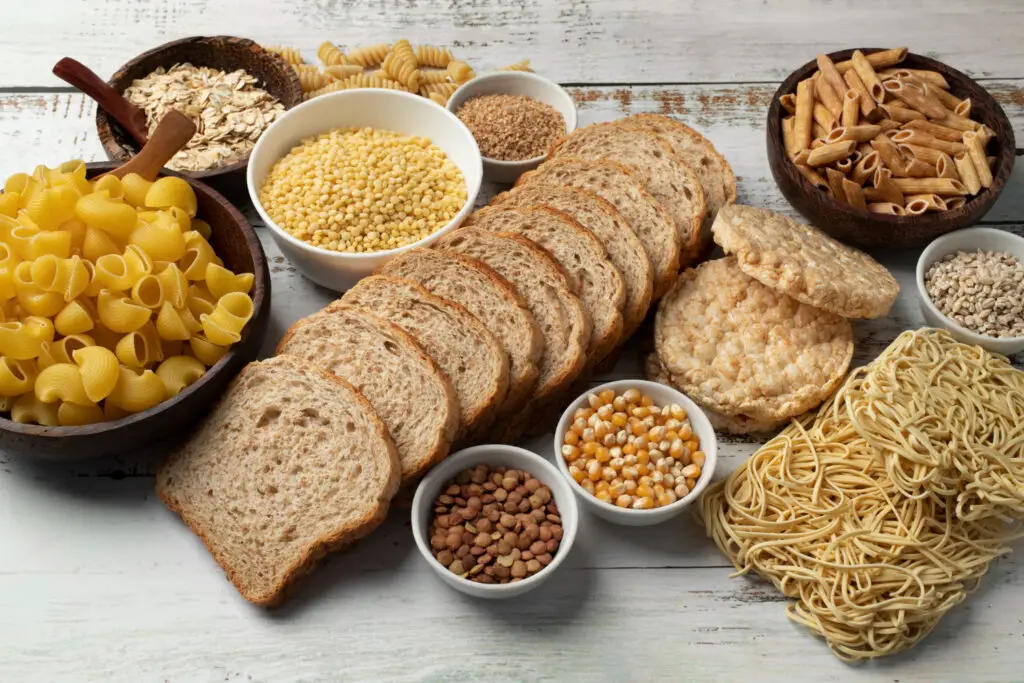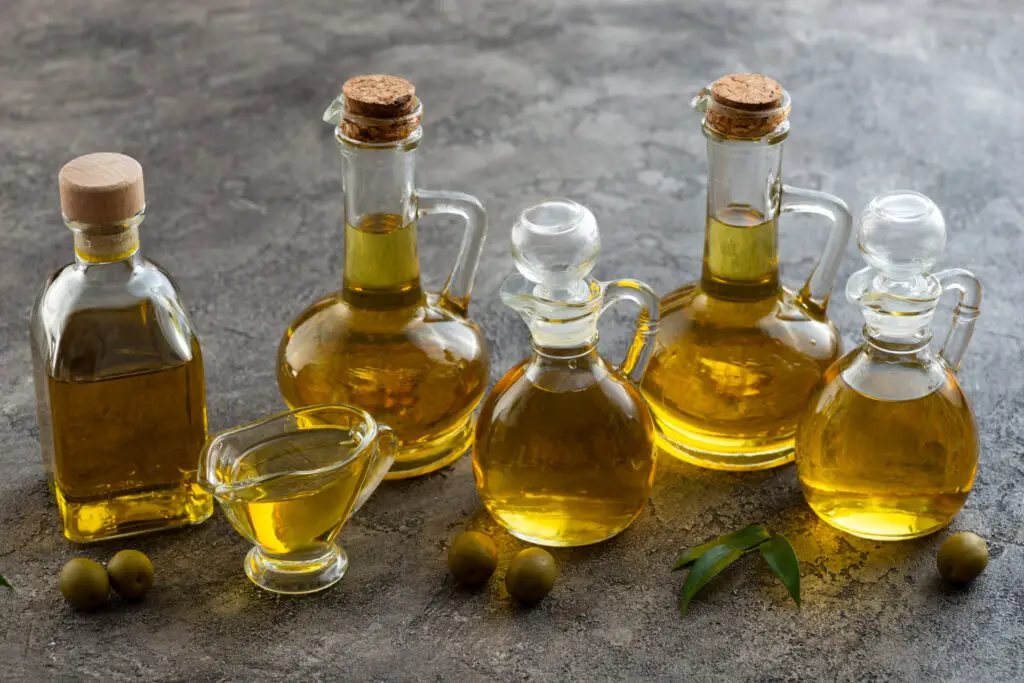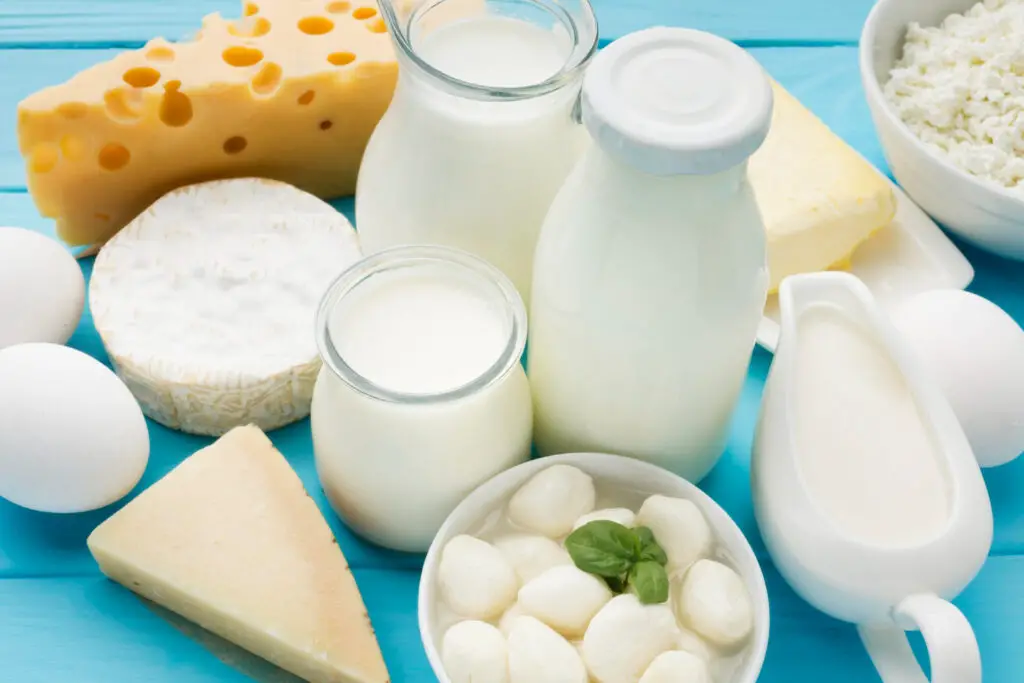10 Worst Foods That Trigger Inflammation — Avoid Them Now!

Inflammation might sound like a fancy medical term, but it’s something that can sneak into your daily life and quietly cause a lot of trouble. While inflammation is actually a natural response your body uses to fight injury and infection, chronic inflammation—when your immune system is constantly activated—can lead to all kinds of health problems like heart disease, arthritis, and even diabetes. The good news? One of the simplest ways to keep inflammation in check is by watching what you eat. Some everyday foods, unfortunately, act like little fire starters inside your body, fueling that unwanted inflammation. To help you make smarter choices, here are the 10 worst foods that trigger inflammation — and why you should avoid them now!
1. Added Sugars

Let’s be honest—who doesn’t love a sweet treat? But those candies, sodas, and sugary baked goods are often loaded with added sugars that can seriously mess with your body’s inflammation levels. When you consume too much sugar, your body ramps up production of inflammatory molecules called cytokines. Plus, sugar can lead to insulin resistance, setting the stage for chronic diseases like diabetes and heart trouble. So next time you reach for that soda or cookie, think twice. Reading labels is key here since added sugars come with tricky names like high-fructose corn syrup, agave nectar, or cane juice.
2. Processed Meats

Bacon, sausages, hot dogs, and deli meats might taste delicious, but they come with a hidden inflammatory punch. These processed meats are high in saturated fats and preservatives such as nitrates, which promote inflammation and increase the risk of conditions like heart disease and colorectal cancer. Instead, aim for fresh, unprocessed meats or try plant-based protein alternatives. Your body will thank you—and your taste buds can still enjoy plenty of flavor!
3. Refined Carbohydrates

White bread, pasta, pastries, and many cereals are made from refined grains, which your body breaks down quickly, causing blood sugar spikes. Those sugar surges trigger inflammation and can eventually lead to insulin resistance. On the bright side, switching to whole grains like brown rice, quinoa, and whole wheat bread helps keep your blood sugar steady and inflammation levels low. Whole grains also come packed with fiber, which supports gut health—a key player in managing inflammation.
4. Fried Foods

French fries, fried chicken, and doughnuts are undeniably tasty, but frying foods creates trans fats and advanced glycation end products (AGEs), both known to cause inflammation. Frequent consumption of fried foods has been linked to a higher risk of chronic diseases, so think about baking, grilling, or steaming your meals instead. Not only will these cooking methods reduce inflammation, but they also keep your dishes lighter and healthier without sacrificing flavor.
5. Sugary Beverages

From sodas to sweetened iced teas and energy drinks, sugary beverages are a major culprit for inflammation and weight gain. These drinks provide little nutritional value but deliver a big dose of added sugar that causes your body to release inflammatory compounds. If you’re craving something sweet and refreshing, opt for water infused with fruit slices, herbal teas, or sparkling water with a splash of lemon. Your body—and your waistline—will thank you!
6. Trans Fats

Trans fats are artificial fats found in many processed baked goods, snack foods, and margarine. These fats increase bad cholesterol (LDL) and spark inflammation, raising the risk of heart disease. Because of their harmful effects, many food manufacturers have reduced or eliminated trans fats, but it’s still important to check ingredient lists for partially hydrogenated oils. Choosing foods free from trans fats is a simple step toward protecting your heart and keeping inflammation down.
7. Excessive Omega-6 Fatty Acids

Omega-6 fatty acids are essential to our diet, but too much of a good thing can backfire. Commonly found in vegetable oils like corn oil, soybean oil, and sunflower oil, an excess of omega-6 fatty acids compared to omega-3s can promote inflammation. Balancing this by adding omega-3-rich foods like fatty fish (salmon, mackerel), flaxseeds, and walnuts helps regulate your body’s inflammatory response. It’s all about finding the right harmony on your plate.
8. Alcohol

An occasional glass of wine might seem harmless, but excessive alcohol intake disrupts your gut bacteria balance and increases inflammatory markers in the body. Over time, heavy drinking can lead to liver inflammation and other serious health issues. Moderation is key—stick to recommended limits and consider alcohol-free days in your week. Your liver and your immune system will be glad you did.
9. Artificial Additives and Preservatives

Monosodium glutamate (MSG), artificial sweeteners, and certain food colorings can trigger inflammation, especially in sensitive individuals. These additives are common in processed and packaged foods and may contribute to digestive discomfort or allergic reactions. Cooking meals at home with whole foods is the best way to avoid these hidden inflammation triggers and gain more control over what goes into your body.
10. Dairy Products (For Some Individuals)

Dairy products provide calcium and protein but can cause inflammation in people who are lactose intolerant or sensitive to dairy proteins. Symptoms such as bloating, joint pain, or digestive upset could be signs that dairy is fueling inflammation in your body. If you suspect this might be the case, try lactose-free options or plant-based alternatives like almond milk, oat milk, or coconut milk. Your gut and joints might feel the difference.
Final Thoughts

Inflammation is a tricky foe, but your diet gives you a powerful weapon to fight it. Avoiding or limiting these 10 worst foods that trigger inflammation can help reduce your risk of chronic diseases and improve your overall quality of life. Remember, it is not about perfection but progress. Small changes—like swapping sugary drinks for water, choosing whole grains, and cooking more meals at home—can make a huge impact over time.
Before making major dietary changes, it is a good idea to consult with a healthcare provider or registered dietitian who can tailor advice to your unique health needs. After all, eating well is not just about avoiding the bad stuff but embracing nutritious, delicious foods that fuel your body and keep inflammation at bay.
So next time you reach for a snack or plan your grocery list, think about inflammation and choose foods that support your health. Your body will thank you for it—with more energy, less pain, and a happier you!
Leave a Reply